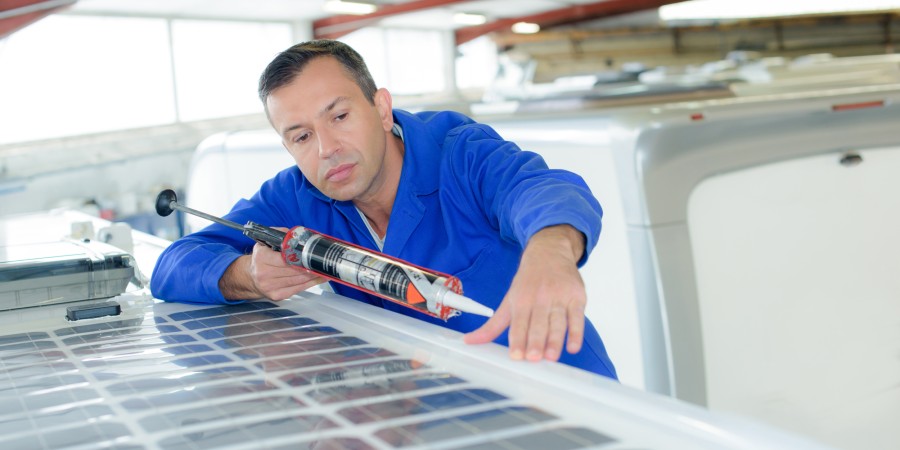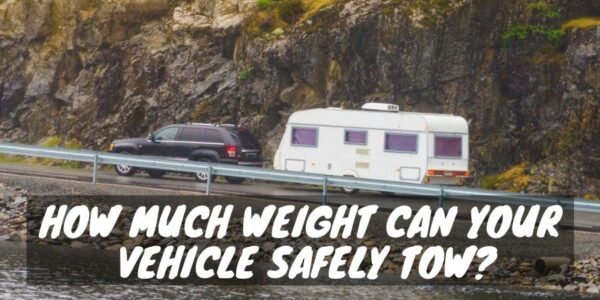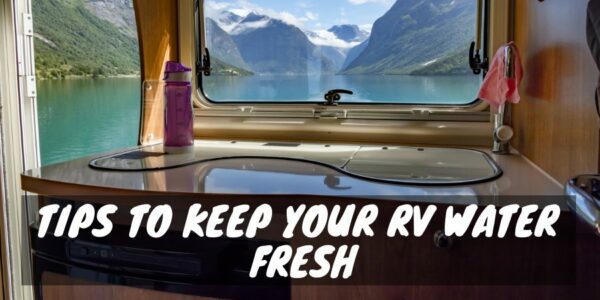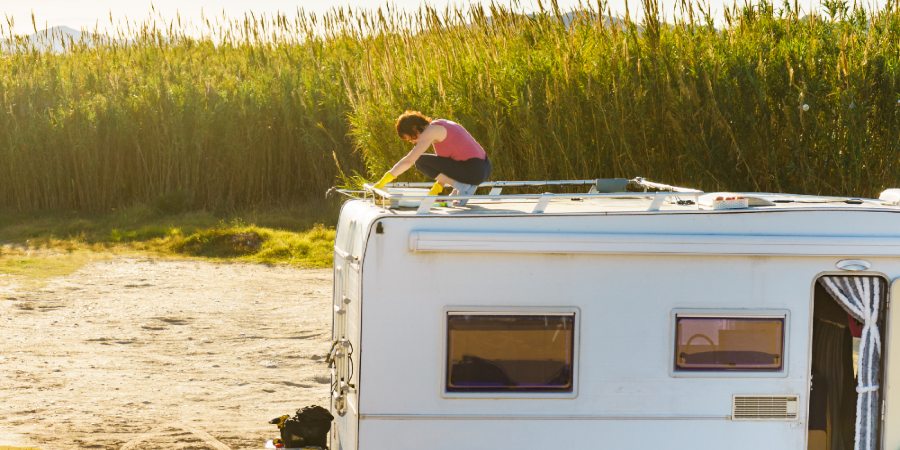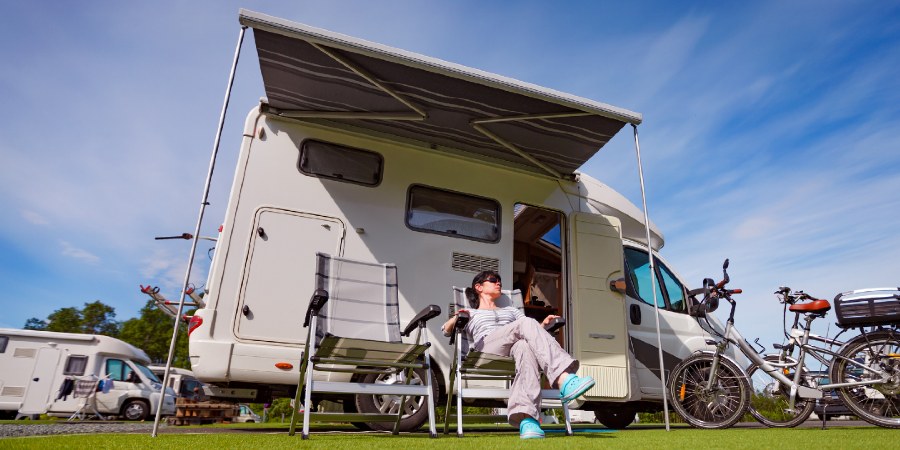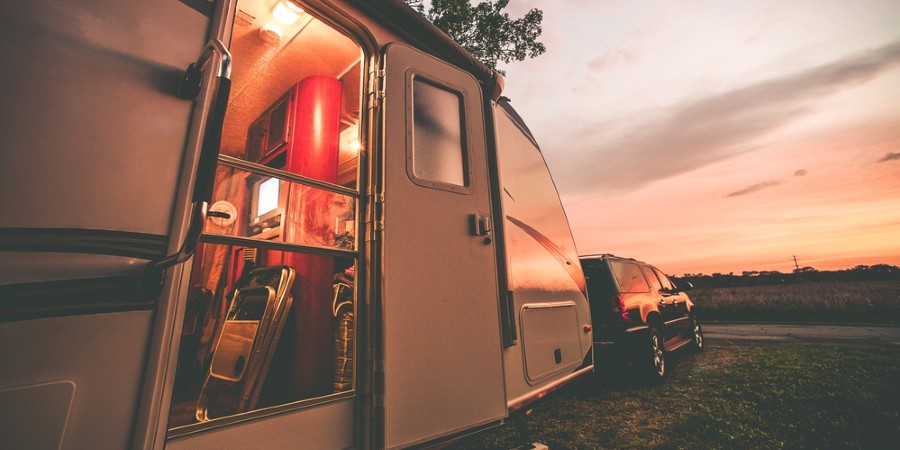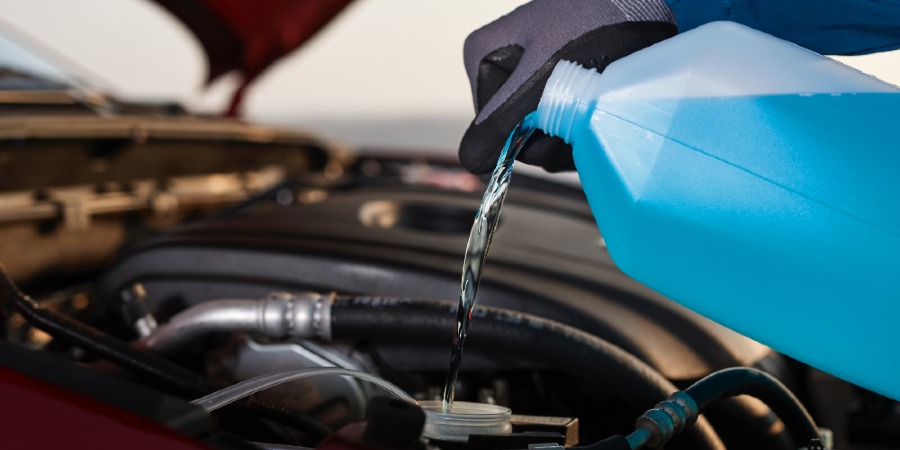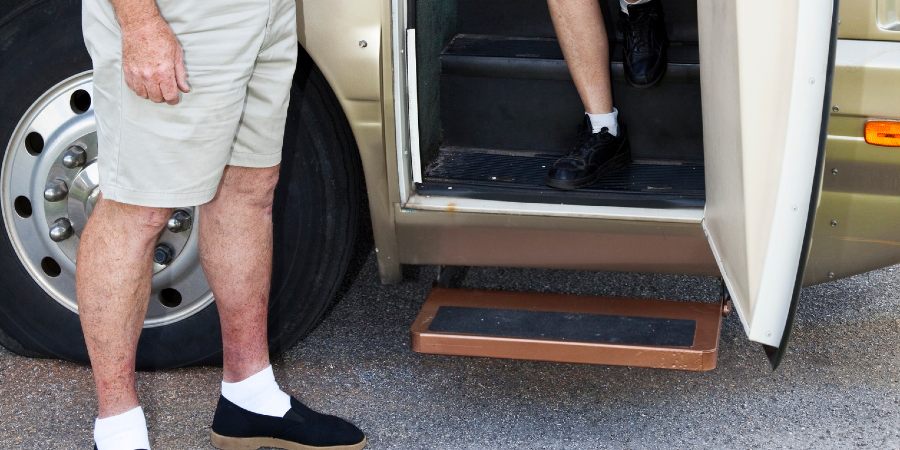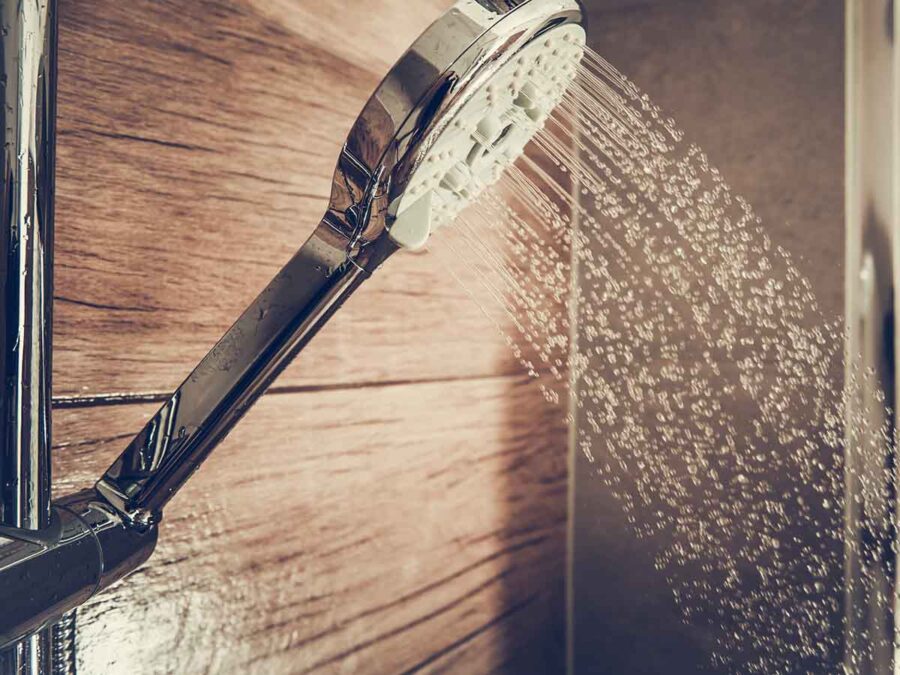Are you finding it difficult to locate the best RV sealant? There are so many sealants of such poor quality that it can be difficult to determine the good ones from the bad ones, and by the time you do, it’s too late.
The last thing you want is water in your expensive RV, not to mention the hassle, time, and cost it’ll take to repair the damages.
What Are the Most Common Uses for RV Sealants? (7 Use Cases)
1. Roof Sealing – RV roofs, especially those with fixtures like vents, antennas, or air conditioners, can be prone to leaks. RV sealants are commonly used to create a watertight seal around these areas to prevent any water ingress.
2. Window and Door Sealing – RV sealants can be used around the window and door frames to ensure a snug and airtight fit. This not only keeps out water but also helps with insulation, keeping the RV cooler in the summer and warmer in the winter.
3. Joint Sealing – Sealants are used where different parts of the RV come together, such as where the walls meet the floor or roof. These joints can be vulnerable to water and air leaks, and a good RV sealant can help prevent that.
4. Preventing Corrosion and Damage – RV sealants can be used to protect exposed parts of the RV, like screws or joints, from weather and UV damage. This can help to prevent corrosion and extend the lifespan of these components.
5. Sealing Plumbing and Electrical Pass-Throughs – Anywhere that plumbing or electrical systems pass through the walls or roof of the RV, sealants are used to ensure a tight seal and prevent leaks.
6. Underbody Protection – Some RV sealants are designed for use on the underbody of the vehicle to provide a barrier against water, dirt, and road debris and to prevent rust and corrosion.
7. Repairing Minor Damage – RV sealants can be used to patch up minor damage, like small cracks or holes in the bodywork, helping to prevent further damage and maintain the integrity of the RV.
What Are the Benefits of RV Sealants?
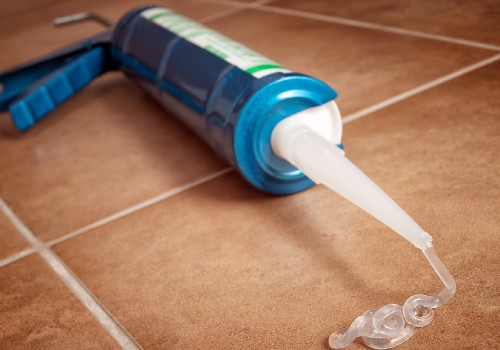
- Watertight seal to prevent water from getting inside your RV
- Save money from lower energy costs
- Keep bugs outside
What Are the Key Features of the Best RV Sealants?
- Water-resistant to prevent water damage
- Ultraviolet (UV) stabilization/resistance
- Works on a variety of materials, e.g., wood, concrete, fiberglass, vinyl, aluminum
- Flexible (important!) as it can handle joint movement
Best RV Sealants
The below are our recommendations for the top RV sealants.
- Flash Point: 93.0 Degrees_Celsius
- Excellent Adhesion To Many Surfaces, Even When Damp
- Resealable; May Be Applied Over Itself
- Paintable And Resists Dirt Pick-Up
- RV ROOFING USE: Lap sealant is sun-ray stabilized to avoid spoiling…
- COLOR: White hue for stylish and beautiful RV roof
- EASY TO USE: Self-leveling for smooth application to RV roofing on…
- SIZE: 10.3 oz. tube
- COMPATIBILITY: Works with EPDM, TPO and PVC membranes, it adheres…
- Creates a secure, secondary seal along the roof’s edges, air vents,…
- Adheres firmly to aluminum, mortar, wood, vinyl, galvanized metal,…
- Compatible with EPDM and TPO sheeting
- Color: White
- Item expires 2 years after manufacturer’s stamped date
- USE: High-performance polyether sealant to avoid leaks and gaps when…
- COLOR: White hue for stylish and beautiful RV roof
- NON-LEVELING: Designed for use on vertical surfaces
- COMPATIBILITY: Created for use on PVC, TPO, EPDM, metal, and…
- SIZE: 10.3 Oz.
- Survol RV Roof Sealant has excellent adhesion on concrete, creates a…
- Unrivaled Bonding with many substrates including aluminum, brass,…
- Watertight Seal, RV Caulking Sealant prevents leaks with its…
- Premium grade, strong formula ensures an excellent bond, making…
- Permanently flexible and will not shrink or crack when subjected to…
How to Choose the Right RV Sealant for Your RV (Video)
Related Questions
1. What types of RV sealants are there?
RV sealants come in various types, including silicone, polyurethane, acrylic, and butyl tape sealants. The type you choose will depend on your specific need and the material of your RV.
2. How often should you reseal your RV?
Want to Connect With a Community of Over 1,078 RV Enthusiasts?
As a general rule, it’s recommended to check the sealant on your RV at least twice a year. Depending on the sealant’s condition, reapplication might be necessary annually or every other year. Always follow the manufacturer’s instructions.
3. Can you use any type of sealant on your RV?
No, not all sealants are suitable for use on an RV. Some can damage RV materials or may not offer the right level of protection. Always choose a sealant specifically designed for RV use.
4. Does RV sealant work on all materials?
Not necessarily. Different types of sealants are designed for different materials, such as metal, fiberglass, rubber, or plastic. Always check the product information to ensure the sealant is appropriate for your RV’s material.
5. Can you apply RV sealant in any weather condition?
Most sealants require dry, mild conditions for application. Applying sealant in rainy or extremely cold, or hot conditions may impact its effectiveness. Always check the manufacturer’s instructions before applying.
"Man cannot discover new oceans unless he has the courage to lose sight of the shore."
-- Andre Gide

